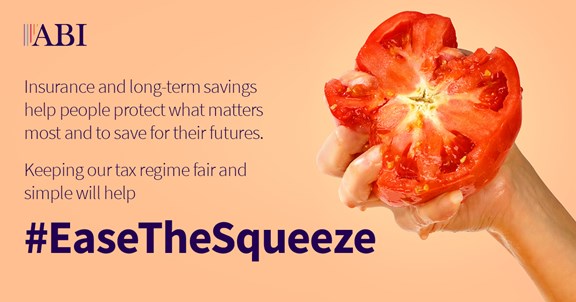As the nights draw in and the Summer turns to Autumn, thoughts turn not just to Hallow’en but something even more frightening – the economic landscape facing the Chancellor as we approach the Budget on 27 October. While the big numbers on debt and economic growth are much improved since the last fiscal event in the Spring and the government appears to be prepared to wind down such support measures as the Universal Credit uplift and the Coronavirus Jobs Retention Scheme, as the party conference season concludes the headlines are a concern – does a Winter of Discontent loom, with high fuel prices, shortages at the supermarkets and petrol stations and power outages?
There is a commentary consensus that much of the public - those on lower incomes in particular - will be feeling their finances squeezed. There is the prospect of higher rates of National Insurance from next April - and higher rates of Corporation Tax further down the road - but might the Chancellor feel the need to gain additional revenue more immediately? There is little likelihood of any VAT or Income Tax rises (one crack in the manifesto commitment is enough) but could Insurance Premium Tax come back into focus once again?

A favoured target of Chancellor Hammond’s Budget impulses, the standard rate of IPT at 12% has not changed since 2017 – although before that it had doubled in less than 2 years (from 6% in October 2015). The ABI has previously referred to IPT as ‘the mother of all stealth taxes’ because most people renew their motor or home insurance but once a year - and not all insurers detail the tax component, which goes straight to HMRC.
Following the last increase, the ABI commissioned a report from the Social Market Foundation which made clear in comprehensive detail the impact IPT increases had on lower-income households, which spend a larger proportion of their disposable income on insurance.
If National Insurance can be labelled a ‘tax on jobs’, then IPT can equally be labelled a ‘tax on protection’ – motor vehicle insurance is mandatory, as is buildings insurance for home owners with a mortgage, while contents insurance gives some peace of mind to those individuals who need it most – tenants, those in flood-risk areas, families.
And as small businesses try to rebuild from the shock of Covid on their cashflow, contemplate the repayment of their government support loans, the end of furlough and supply chain challenges, one thing they do not need is additional costs on overheads they cannot do without.
As this government promotes its ‘levelling up’ agenda, the ABI’s Budget Submission to HM Treasury echoes the sense that this must be more than a soundbite if economic growth is to be stimulated, investment in the infrastructure of the future unlocked and – more prosaically – the government is to retain its majority at the next election. There is a sense of being at an inflection point – the birthing pains of the post-Brexit economy, the urgency of the transition to net zero and the need for a different economic model. A return to incremental ratcheting of costs for households and businesses seeking to protect the necessities of everyday life – through yet another rise in IPT - would undercut this messaging, and the timing of the additional pain, whether obvious now or later, could hardly be worse.
